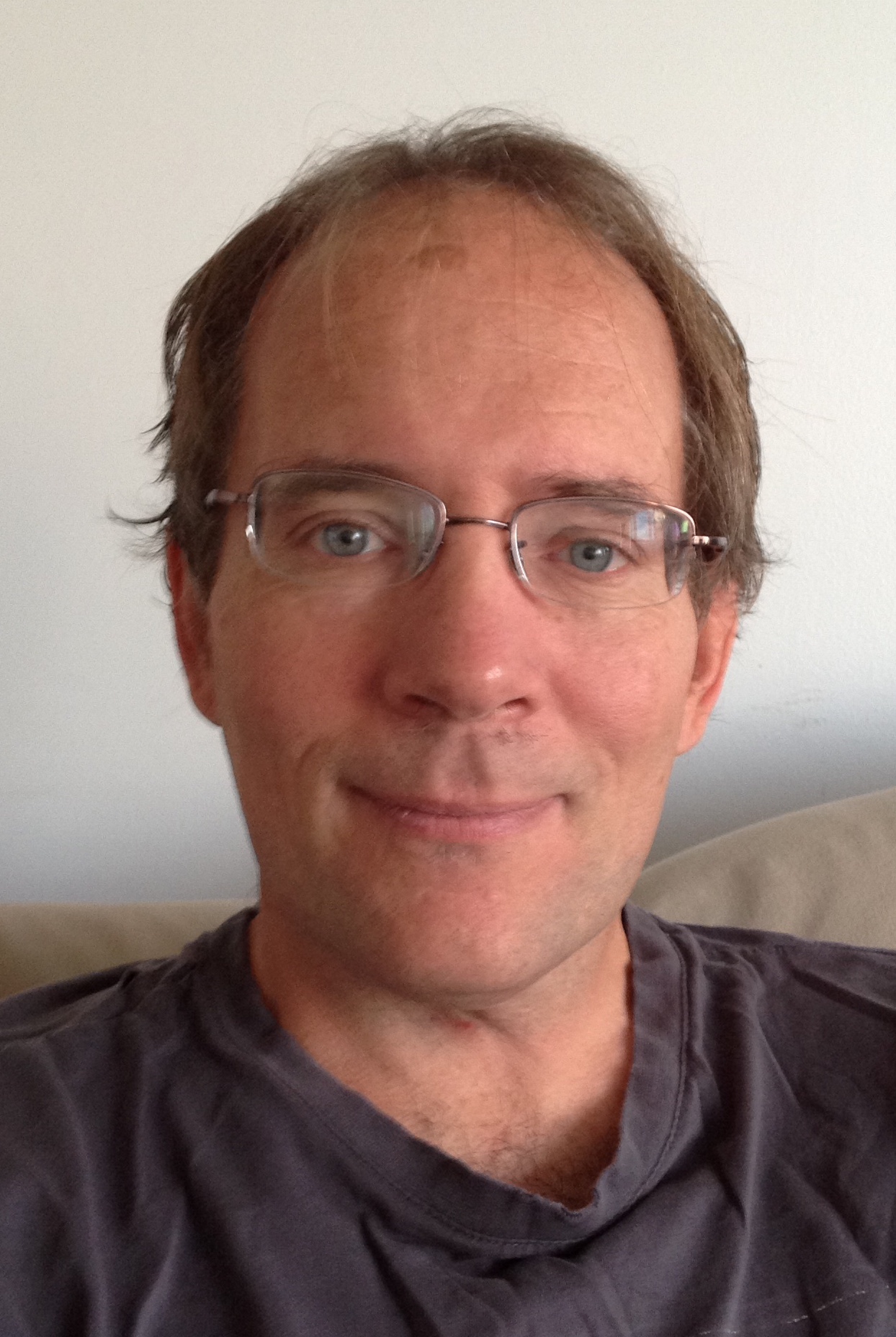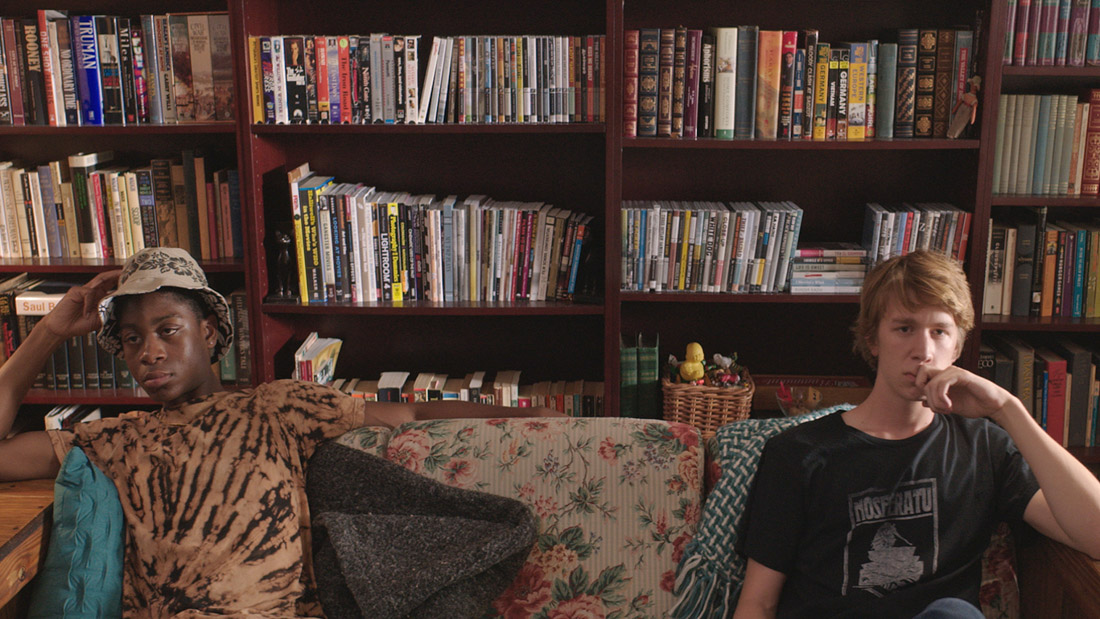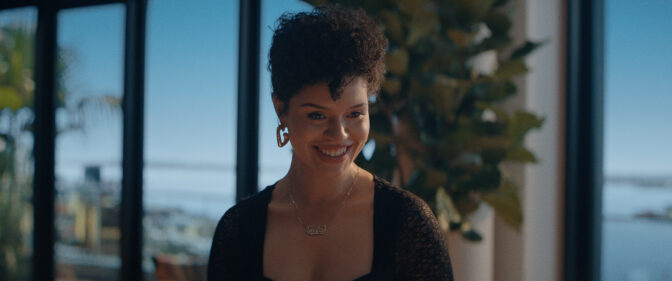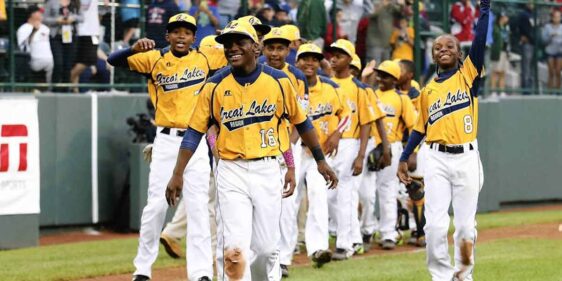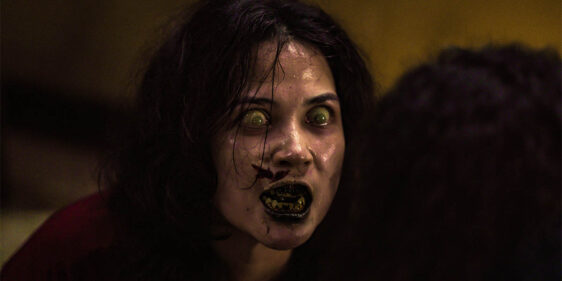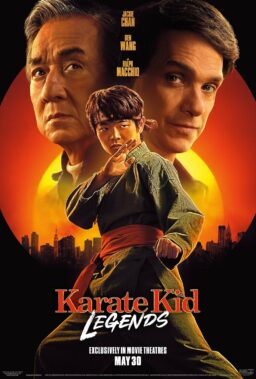On Saturday night, Alfonso Gomez-Rejon earned the highest honor in American independent cinema as his highly-regarded second feature, “Me and Earl and the Dying Girl,” captured the Grand Jury Prize and the Audience Award at the Sundance Film festival.
It completed a remarkable week for the Texas-born filmmaker. His stylistically audacious feature, an adaptation of the novel by Jesse Andrews, thrilled with its deft mixture of tones, suggesting an heir to the works of Ernst Lubitsch in how he worked in the darkest of themes and subjects with a glancing light touch.
In a lovely and fitting touch of a film boasting an encyclopedic range of movie history, the actor (Thomas Mann) playing the lead has the same name as the great German novelist. Greg, a quiet and withholding high school senior, is baited by his mother (Connie Britton) to befriend Rachel (Olivia Cooke) after she has been diagnosed with leukemia.
Greg’s only real confidante, or “co-worker,” as he calls him, is his classmate Earl (the superb RJ Cyler), his collaborator on a series of short films riffing on movie history given parodic names, like Visconti’s adaptation of Mann’s “Death in Venice,” called “Death in Tennis.”
The formative influence on Gomez-Rejon is Martin Scorsese. The filmmaker worked as Scorsese’s assistant from “The Age of Innocence” to “Casino,” and also worked with Nora Ephron and Alejandro Gonzalez Inarritu. Greg has a “Mean Streets” poster in his bedroom, and we see an extract from “Taxi Driver,” and hear Scorsese’s voice on his commentary track of the Michael Powell and Emeric Pressburger movie, “The Tales of Hoffman.”
In an interview recorded before the awards, Gomez-Rejon talked about art and influence and the tribute to his late father, a doctor to whom the film is dedicated.
This feels like a first movie, or a memoir, in how you are able to stuff all the personal details into the architecture of the film.
ALFONSO GOMEZ-REJON: I’m really proud of my first feature, “The Town that Dreaded Sundown.” I love the performances, and we had a good time making it, like the dinners with Edward Herrmann, where I could sit and talk with him about “Reds” and Warren Beatty. It was worth everything. It was sad that nobody saw the film. There was my great fear of somebody who wanted to make films his whole life of having the possibility that I’d never work again because it wasn’t received well or considered successful.
Luckily when this film came together, it was all heart. I had to treat it as if it was going to be my last film, and make it for my dad. It was pretty clear that is the reason I was going to make a film for him the way that Greg makes one for Rachel.
Also, I had a way in to make a film that says thank you to all of my heroes and mentors in a way that was appropriate to the characters. I’m not sure I’ll ever have the chance again to pay homage to (Scorsese’s editor and Powell’s widow) Thelma Schoonmaker, or of course Michael Powell. Marty (Scorsese) is everywhere. Nick Pileggi and Nora Ephron are linked, their scripts of “Casino” and “Heartburn,” are stacked opposite each other next to the computer. It was an opportunity to say thank you to everyone, beginning with my dad, and share that love for them.
For all the stylistic flourishes, this film is ultimately dependent on the actors. Every single part seems right on.
First of all, I had to have my version of Greg. What I loved about the humor is that it wasn’t cynical. It was something I identified with, even though he’s 17 and I’m not. I wanted to be able to bury myself with this guy and take that journey with him. It was this brutal honesty people have in a way with the words and language, the way people actually speak, and not movie dialogue, where everybody is clever, smart and honest.
It was refreshing that Thomas had a way to make the words his own. In every audition scene with Thomas and Olivia, even the heavy scenes never felt melodramatic. They just wore the words so well, and they were so honest and she added such dignity that nothing felt melodramatic, which was the great fear.
RJ came in at the very end, maybe two weeks before we started shooting. We were struggling to find the right actor. I saw a lot of wonderful actors for the role. You had to think of them as this triptych and everybody had to complement each other. They all were honest. The kid (Earl) who had to be more of an adult, and she becomes one and then he’s the last one to join them at the end. Eventually, RJ’s audition was so beautiful and confident for a kid who’d never done anything.
And the adult characters, who likewise are never condescended to or ridiculed.
That came together. You can’t make a movie with just the kids, or you can’t finance it with them. I knew Connie Britton from directing “American Horror Story,” and she wanted to play the mom. It was a small part, but it fit her hiatus and she wanted to work with me. Once you had Connie, the rest just really started to come together. Nick Offerman got involved and now it’s a real movie with them playing the parents. Then you get Jon Bernthal (playing the sympathetic history teacher) and then Molly Shannon, whom I’ve always loved and who has this capacity for great dramatic work.
All of a sudden the movie became real. The adults were always my first choices. Thomas and Olivia auditioned for more than a year because the move came together, then it fell apart and and then it came back together. They were still perfect for it because the chemistry was so beautiful and unique, not unlike “Harold and Maude,” because of the deep understanding.
What about your collaboration with the writer Jesse Andrews, who adapted his own novel. What was the process of transforming literature into cinema?
The screenplay was in very good shape when I read it. I discovered the novel after. It was more about streamlining it to give the shape of a movie that we could realistically make. It was about exploring some of these nonverbal sequences that I really wanted to have, these montages and the end sequence, which is all music. With Jesse, there was immediately a trust. I was very clear why I wanted to make this movie and why I wanted to interpret this script and do something personal with it. It was something I was aching to do. I really wanted to do it because I’d hit a wall personally, just struggling to express grief and incorporate it and move on. I just couldn’t because I was that close to my dad. He was the funniest person in the world, my father was.
With Jesse, I was very upfront and I told him this is why I wanted to make this movie. He had absolutely no ego when something didn’t work. We tweaked it or when I wanted to explore a new idea and we did it. He’s quick and brilliant, and he made it better. Then it was about expanding the films within the film. A couple of them were already scripted. There was definitely an opportunity for montage because you have to honor all of these guys. You can’t do that without doing (Luis) Bunuel. It became this list that we we worked on over and over again. It held up all the departments because we had this list, we needed costumes, little sets and locations and it became a whole little thing.
Finally it meant coming up with these references and the clips within these films, Jesse would come up with hilarious titles, that again were perfect for 17-year-olds. They had to look as if they were made by 17-year-olds. It was like going back to day one of film school at NYU, when you’d have a Super 8 camera and you were an auteur for the day. It was about finding that energy again and it really reminded you why you made movies. That spirit is something we tried to maintain throughout. The relationship with Jesse was extraordinary because he’s a beautiful person, a great writer and he tapped into something deeply personal to me.
It’s not just the observational manner of the script but the profound sense of recognition.
It was like the first time I saw “Mean Streets,” when I was 13, in Laredo, Texas, on VHS. Somehow it was not about me. I’m so not New York Italian-American in the 1970s. I realized It was about brothers, and I could identify with it. I felt I was the only one who got it. I was the only person who could possibly tell this story because I could turn it into something personal. Once I got the job, we were inseparable. Jesse was on the set all the time. If we had to alter the (narration) there were no complaints or ego. He wanted to be the best person possible. He really respected what I wanted to tell. My version of Greg might be different than his, and he was fine with that.
How did you conceive the movie visually?
Chung Chung-hoon shot the film. One of the reasons he wanted to work on this film is that he loves comedy, he loves coming-of-age stories, he loves John Hughes, and nobody associates that kind of stuff with him.
There were two things. We had a color palette for every character. I knew the high school had to feel institutional and prison-like, and we used a lot of wide lens, up to 10mm, so that it’s easy for Greg to get lost. He’s all about coasting through life, and being as invisible as possible with the least amount of social interaction. We had very aggressive editing patterns, (camera) moves, that was almost playful and childlike.
Once you cut that and juxtapose that with her world, it’s calmer and warmer, but still playful angles really stretching the frame, showing how separate they are. In doing that, not leading an audience into thinking or expecting a love story, you start to do the dialogue scenes with these two kids in more classic coverage and people start to assume they’re going to fall in love at some point.
It’s about separating them and then earning the two shots that come later. The movie becomes quite still, the lenses become much longer. There is that, playfulness to stillness, earning the two shots so by the time we got there people weren’t expecting a love story and a frenetic pace calms down and it becomes almost dreamlike.
Would you agree to a heightened lyricism, like the way you stage the class and social stratification at the school or the first time Greg is in Rachel’s room underlines his alienation?
Yes, and also in those wide shots you get an opportunity to reveal characters and clues, like the wide [shot] over to him in the foreground, or her carved books and in the reverse [shot] with all of the headroom you see the scissors, or behind him is the wallpaper because he hasn’t stopped talking or looked closely enough to see what’s in front of him. That’s why in one shot he walks into the room and it’s a very slow pan, forcing the audience to see but not understand why, they didn’t look close enough like Greg.
Probably going back to “Lord Love a Duck,” the high school movie had become its own genre. Was there a way to alter or subvert the form?
One of the big challenges I had was how to shoot it without looking like a high school movie. I scouted 10 high schools in Pittsburgh and in the surrounding areas and they all looked the same. I loved the size and scope of the school we used, with its neoclassical, 20-foot ceilings. I can shoot in a way that hasn’t been done before. It was aesthetically how do we shoot a world that we’ve seen a thousand times. It was ultimately about that relationship, it’s not a love story, fall into that trap and expect it.
What is the most important quality you learned in the three years you worked for Martin Scorsese ?
I don’t think he has any idea how much he means to me. He’s seen the movie actually, and he liked it quite a bit. I hope there’s a way to express my gratitude. Everything I learned and everything I do, I always wonder what he’s going to think. I respect his body of his work. I respect how he’s been able to do personal films within a Hollywood structure. I respect how generous and humble he is and how he can’t talk about himself without mentioning 10 masters that came before him.
When I was working for him, we’d watch movies together on Saturday often, just me and him. He has this deep appreciation for the past, and his insatiable curiosity and the why to make to movie. I finally got that, and how to tap into something personal and explore that, and it’s a different high. You start to maybe find your point of view and why you’re making movies.
The how is your own unique process. I’d never want to make a movie where he thought I just copied him. There’s so much love on screen in what he does and it’s so infectious. I think for the first time I got a taste of that, doing something personal from the heart and also give you a chance to bury yourself in the work. Also I hope this movie gives you a chance to turn on whoever watches the movie to the films of Powell and Pressburger, to Herzog. There’s a great giving back and I wanted very much to continue that tradition.
